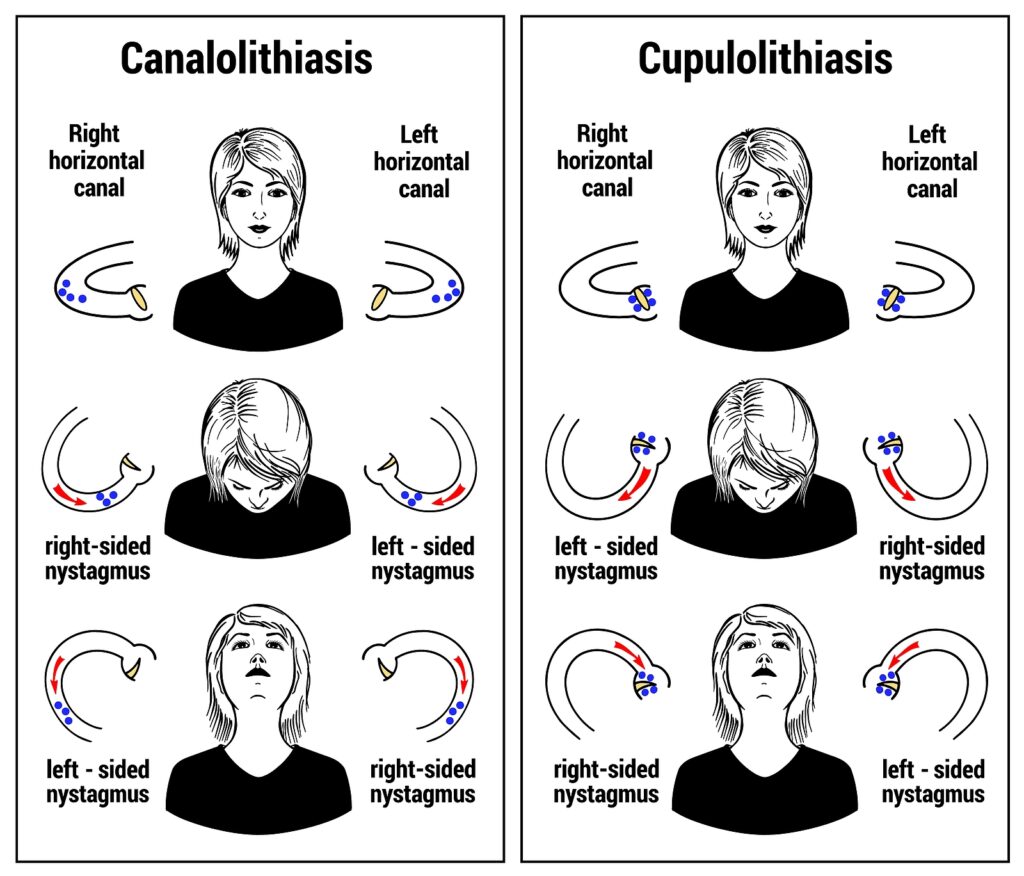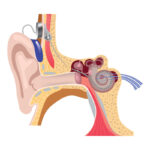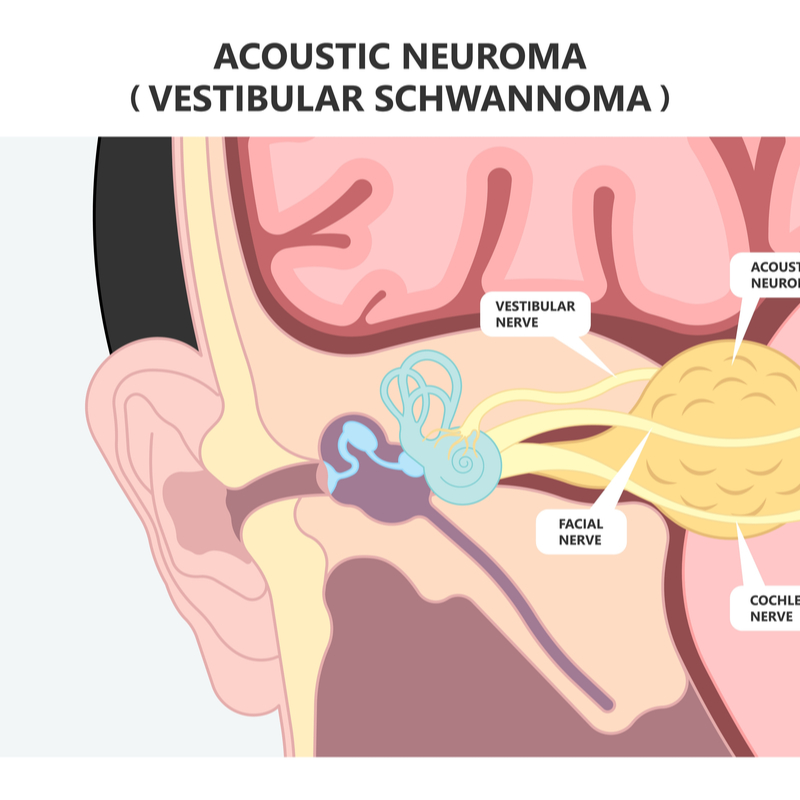The Intricate Connection Between Tinnitus and Brain Tumors: A Comprehensive Guide
Tinnitus, the perception of constant or intermittent ringing, buzzing, or hissing in the ears, is a condition that affects millions of people worldwide. While it is often associated with hearing loss and noise exposure, recent research has shed light on a potential link between tinnitus and brain tumors. In this comprehensive guide, we'll explore the intricate connection between tinnitus and brain tumors, delving into the various types of brain tumors, symptoms, and risk factors. Furthermore, we'll provide an in-depth look at the diagnostic and treatment options available.
Understanding Tinnitus: Causes, Symptoms, and Types
Causes of Tinnitus
Tinnitus can stem from various causes, including age-related hearing loss, earwax blockage, exposure to loud noise, and certain medications. However, it can also be a symptom of a more severe underlying health issue, such as a brain tumor. In these cases, it is crucial to seek medical attention to identify the root cause of tinnitus.
Symptoms and Types of Tinnitus
Tinnitus manifests itself in different ways, such as:
- Subjective tinnitus: The most common form, it is only audible to the individual experiencing it.
- Objective tinnitus: Rare, it is a sound that can be heard by both the individual and an external listener.
Tinnitus can also be categorized as either:
- Pulsatile: Rhythmic sounds that correspond to the individual's heartbeat.
- Non-pulsatile: Continuous or intermittent ringing, buzzing, or hissing sounds.
Brain Tumors: Types, Symptoms, and Risk Factors

Types of Brain Tumors
Brain tumors can be classified into two main categories:
- Primary brain tumors: Originate in the brain and are generally noncancerous (benign) or cancerous (malignant).
- Secondary brain tumors: Also known as brain metastases, these tumors arise from cancer cells that have spread from other parts of the body to the brain.
Symptoms and Signs of Brain Tumors
Symptoms of brain tumors can vary depending on the size, location, and type of tumor. Common symptoms include:
- Headaches, often worsen with time or activity.
- Seizures, especially in individuals with no previous history.
- Cognitive changes, such as memory problems, confusion, or difficulty concentrating.
- Nausea and vomiting, sometimes accompanied by blurred vision.
- Tinnitus, which could indicate a tumor affecting the auditory nerves.
Risk Factors for Brain Tumors
While the exact cause of brain tumors remains unknown, several risk factors have been identified, including:
- Family history of brain tumors or other types of cancer.
- Exposure to ionizing radiation, such as radiation therapy for other cancers.
- Certain genetic syndromes, like neurofibromatosis or tuberous sclerosis.
The Link Between Tinnitus and Brain Tumors
Acoustic Neuroma: A Key Connection
One of the most common brain tumors associated with tinnitus is an acoustic neuroma, also known as a vestibular schwannoma. This benign tumor arises from the Schwann cells that cover the vestibulocochlear nerve, which is responsible for transmitting auditory and balance information from the inner ear to the brain. As the tumor grows, it can compress the nerve, leading to tinnitus and other symptoms such as hearing loss, dizziness, and balance issues.
The Role of Tinnitus in Early Detection
While tinnitus alone is not a definitive indicator of a brain tumor, it can serve as an early warning sign, particularly when accompanied by other symptoms such as hearing loss or balance problems. Seeking medical attention for persistent tinnitus is essential in the early detection and treatment of brain tumors.
Diagnosis and Treatment Options

Diagnostic Procedures
When tinnitus is suspected to be associated with a brain tumor, a series of diagnostic tests may be conducted, including:
- Hearing tests (audiometry): To assess the extent of hearing loss and identify any abnormalities.
- Magnetic resonance imaging (MRI): A non-invasive imaging technique that provides detailed images of the brain and can identify the presence of tumors.
- Computerized tomography (CT): scans Another imaging technique that can help identify brain tumors, although not as detailed as MRI.
Treatment Approaches
Treatment for brain tumors depends on the type, size, and location of the tumor, as well as the patient's overall health. Some common treatment options include:
- Observation: In cases of small, slow-growing tumors with minimal symptoms, a watchful waiting approach may be adopted.
- Surgery: Surgical removal of the tumor may be recommended, particularly for benign tumors like acoustic neuromas.
- Radiation therapy: High-energy beams are used to target and destroy tumor cells. This treatment is often employed for tumors that are difficult to remove surgically or for secondary brain tumors.
- Chemotherapy: The use of drugs to kill cancer cells, typically used for malignant brain tumors.
- Targeted drug therapy: Drugs designed to target specific abnormalities in tumor cells, thus sparing healthy cells.
Conclusion
The link between tinnitus and brain tumors, particularly acoustic neuromas, highlights the importance of seeking medical attention for persistent or worsening tinnitus symptoms. Early detection and intervention are crucial to ensure the best possible outcomes for individuals affected by brain tumors. By understanding the complex relationship between tinnitus and brain tumors, we can take proactive steps to address these conditions and improve overall health and well-being.
Sources
- American Tinnitus Association. (n.d.). Understanding the Facts. Retrieved from https://www.ata.org/understanding-facts
- Mayo Clinic. (2020). Tinnitus. Retrieved from https://www.mayoclinic.org/diseases-conditions/tinnitus/symptoms-causes/syc-20350156
- National Institute on Deafness and Other Communication Disorders. (2021). Tinnitus. Retrieved from https://www.nidcd.nih.gov/health/tinnitus
- American Brain Tumor Association. (n.d.). Brain Tumor Types. Retrieved from https://www.abta.org/tumor_types/







